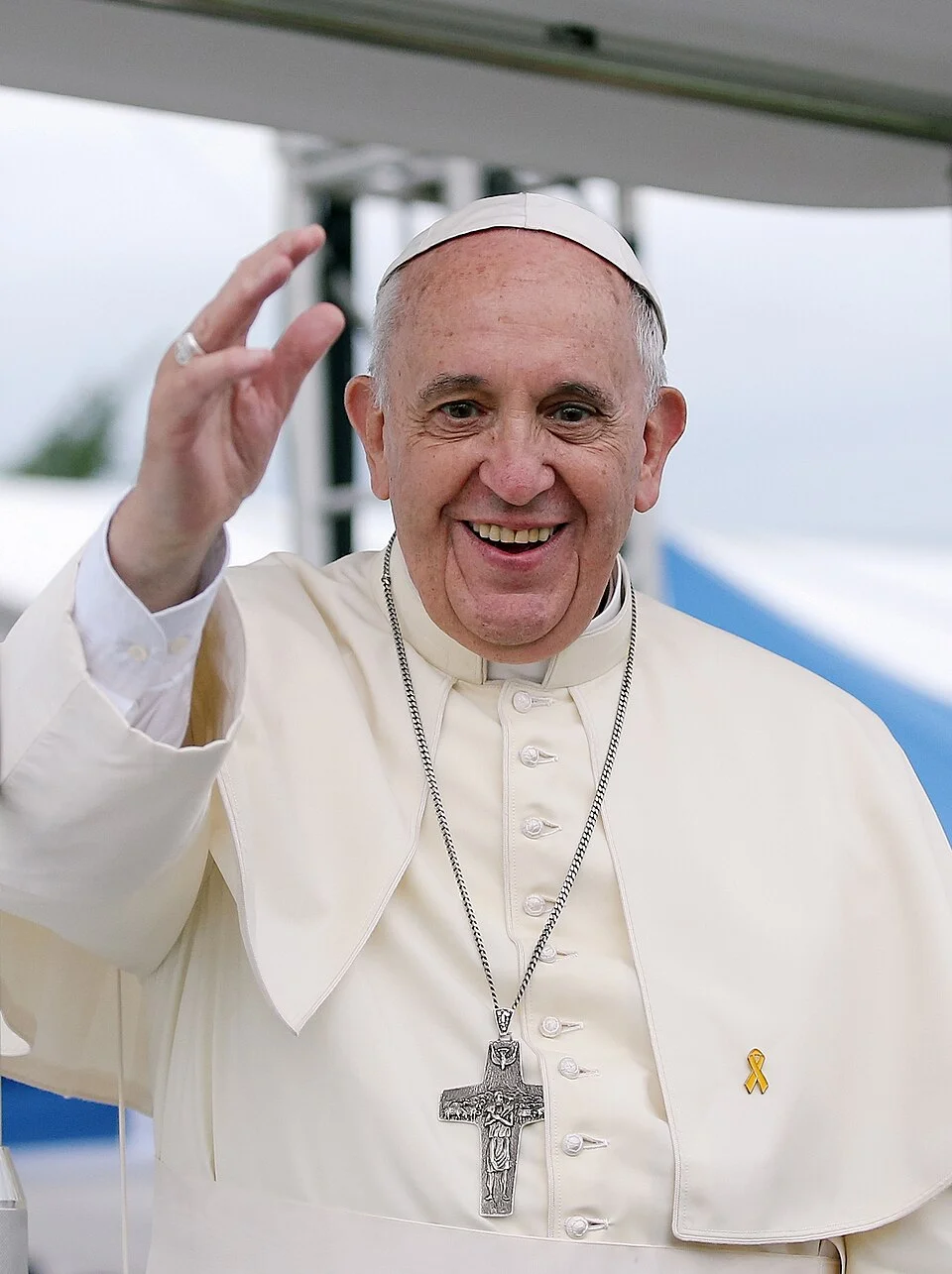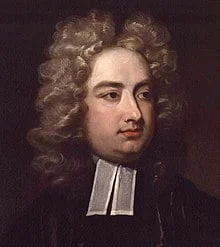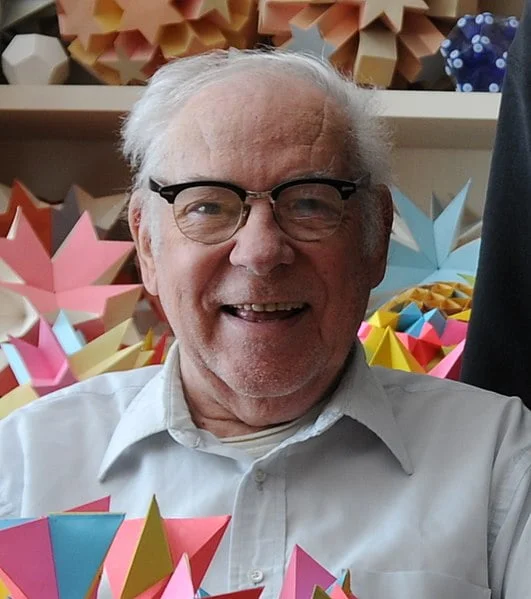Real Celebrities Never Die!
OR
Search For Past Celebrities Whose Birthday You Share

source: wikipedia
Pope Francis
Birthday:
17 Dec, 1936
Date of Death:
21 Apr, 2025
Cause of death:
Stroke
Nationality:
Argentine
Famous As:
Archbishop
Age at the time of death:
88
Pope Francis's Quote's
Pope Francis: Early Life and Family Background
Pope Francis was born Jorge Mario Bergoglio on December 17, 1936, in Buenos Aires, Argentina, to Mario Bergoglio, an Italian railway accountant, and Regina Sivori, a devoted homemaker. He was the oldest of five children raised in a tight-knit Italian immigrant family in a working-class area. His parents and the strong Catholic community instilled in him faith, humility, and compassion, shaping his upbringing.
Education and Formative Years
As a young man, Bergoglio attended technical school and graduated as a chemical technician. He briefly worked in the food-processing industry and even held jobs as a bouncer and janitor, experiences that grounded him in the realities of everyday life. At age 21, he suffered a severe lung infection, resulting in the removal of part of his right lung-a health challenge that would shape his resilience and empathy.
Inspired to pursue religious life, Bergoglio began his studies at the Diocesan Seminary of Villa Devoto, and in 1958 joined the Jesuits. He studied humanities in Chile and earned a licentiate in philosophy from the Colegio de San José in Buenos Aires. He went on to teach literature and psychology in high schools before pursuing a degree in theology. He was ordained a priest in 1969 and later completed a doctoral thesis in theology in Freiburg, Germany, in 1986.
Personal Life
As a Catholic priest, Bergoglio embraced a life of celibacy and never married. He lived simply, often cooking his own meals and taking public transportation even as a church leader. His humility and approachability would become hallmarks of his papacy.
Professional Career and Significant Achievements
Bergoglio steadily climbed the ranks of the Catholic Church, always serving the marginalized. From 1973-1979, during Argentina’s turbulent “Dirty War,” he was the Jesuit provincial superior, allegedly aiding many escape persecution; however, his actions during this time remain controversial. In 1998, he was appointed Archbishop of Buenos Aires, where he became known for his advocacy for the poor and his commitment to dialogue with people of all backgrounds.
Pope John Paul II elevated him to cardinal in 2001. His handling of Argentina’s economic crisis, combined with his reputation for humility and integrity, made Bergoglio a respected figure domestically and globally. Following Pope Benedict XVI’s resignation on March 13, 2013, Bergoglio was chosen as the 266th pope, adopting the name Francis in honor of St. Francis of Assisi, who symbolized poverty, humility, and environmental stewardship.
Major Contributions and Impact
For the first time in history, a pope—Pope Francis—came from the Americas, the Southern Hemisphere, and the Jesuit order, shattering centuries-old tradition. Mercy, inclusivity, and social justice were hallmarks of his papacy. He shifted the Church’s priorities from doctrinal disputes to issues such as poverty, migration, and climate change, famously declaring, “Who am I to judge?” when asked about LGBTQ+ Catholics.
Francis made efforts to modernize the Church’s governance, increase financial transparency, and address the sexual abuse crisis-apologizing for past mistakes and taking steps to hold perpetrators accountable. He promoted interfaith dialogue, meeting with leaders of other religions, and called for global action on climate change through his encyclical Laudato si’. He also expanded the roles of women in the Church and advocated for the inclusion of marginalized groups.
Known for his humility, Francis opted for simple living, choosing a Vatican guesthouse and foregoing lavish papal attire and transportation. He gained the title “People’s Pope” because he readily acknowledged mistakes and showed compassion towards the needy and downtrodden.
Death and Legacy
Pope Francis died on April 21, 2025, at the age of 88, after months of declining health. His funeral in Rome was attended by dignitaries, world leaders, and thousands of ordinary people, reflecting his global reach and the affection he inspired. As he wished, he was buried in the Basilica of Santa Maria Maggiore, a church favored by migrants and the poor, instead of the customary Vatican burial site.
Francis will be remembered for his compassion, reforms, and bridge-building. He extended the Church’s global outreach, advocated for the marginalized, and humanized the papacy. His forward-thinking approach and humility redefined the Church’s image for Catholics and non-Catholics in the 21st century.
Name:
Pope Francis
Popular Name:
Pope Francis
Gender:
Male
Cause of Death:
Stroke
Spouse:
Place of Birth:
Buenos Aires, Argentina
Place of Death:
Domus Sanctae Marthae, Vatican City
Occupation / Profession:
Personality Type
Advocate: Quiet and mystical, yet very inspiring and tireless idealists. Pope Francis exhibits many qualities like a strong sense of empathy, a desire to help others, and an unwavering commitment to social justice. He is deeply introspective and focused on spiritual and moral leadership.
Before entering the priesthood, he worked as a chemical technician, bouncer, and janitor.
Francis was known for his simple lifestyle, often taking public transport and living in modest accommodations
He had part of his right lung removed due to a severe infection at age 21.
He was the first pope to call laws criminalizing homosexuality “unjust” and to declare the death penalty “inadmissible”
Advocated for environmental stewardship through the encyclical Laudato si
Elected as Pope of the Roman Catholic Church (2013)
First Jesuit and first Latin American Pope
Known for his advocacy for the poor and marginalized
Spearheaded the 2014 Vatican summit on sexual abuse scandals within the Church


